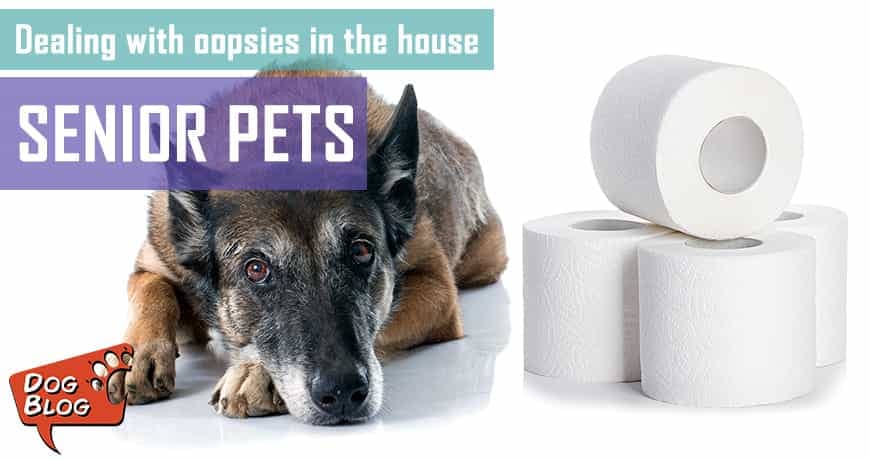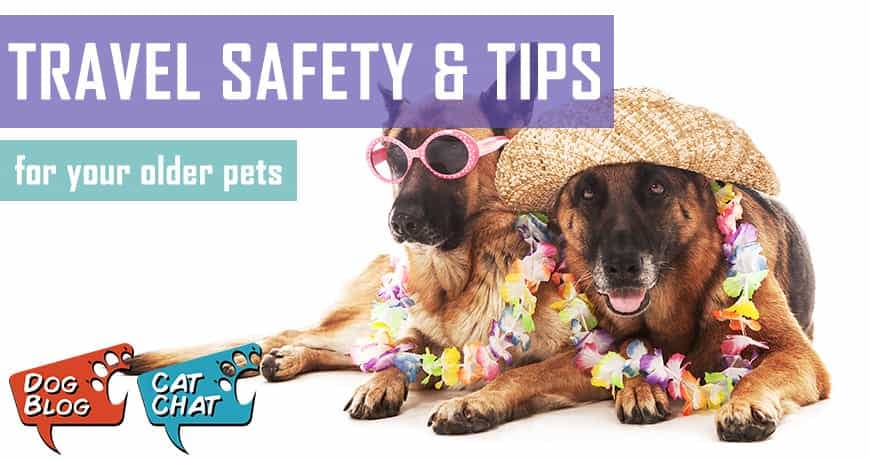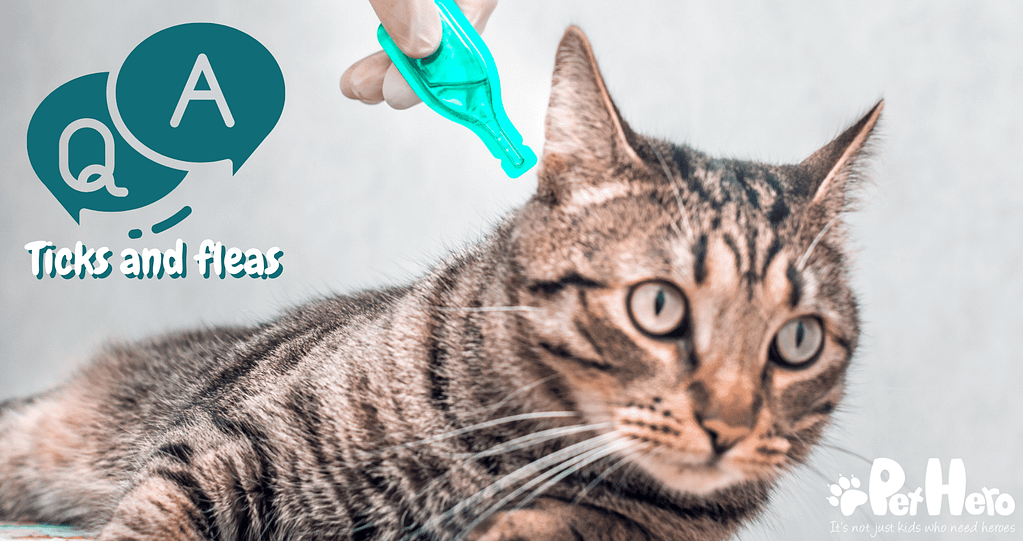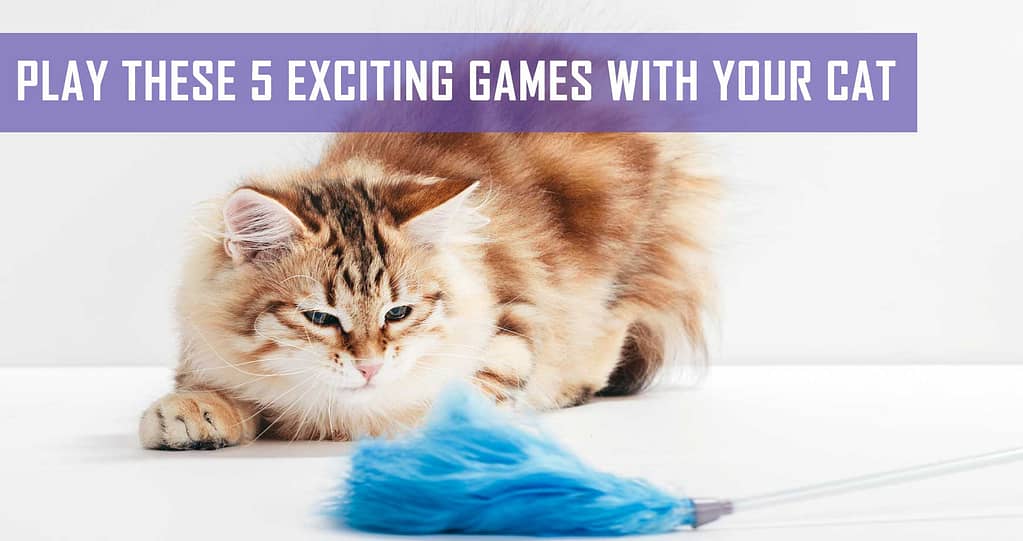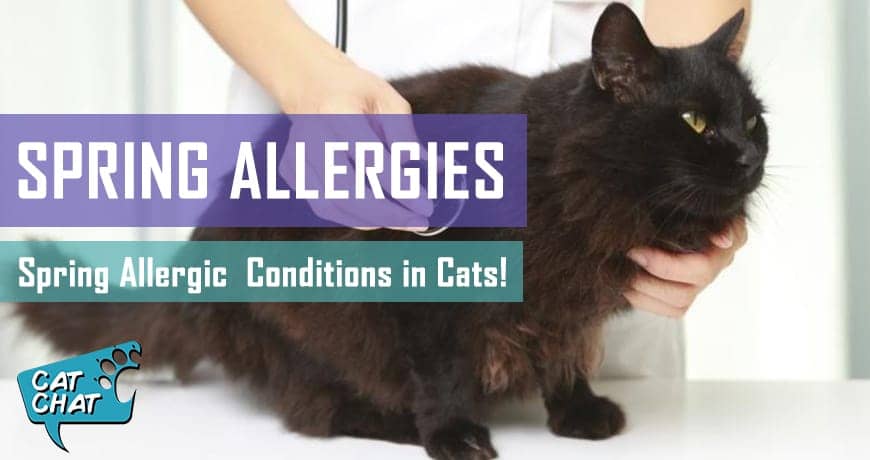What is going on with your old dog? Why is he messing in the house all of a sudden? There can be many reasons for this: physical, age-related or behavioural. When this starts to happen, or if it has already started to happen, make an appointment with your vet. It is always best to know exactly what is going on and to get a proper diagnosis. A vet examination can identify the condition or the cause of your dog’s misbehaviour, including constipation, intestinal issues or even tumours. The vet will prescribe medication if needed.
Starting to age
When dogs reach their old age, which starts at around seven or eight years on average (depending on the breed), they become less busy and have many naps. Their energy levels are low, they get confused occasionally and make oopsies in the house. Try to determine what is triggering this new behaviour and look for small changes that occurred or are occurring in your home, like a change in diet, children coming back from school or a change in feeding time. These and so many other small things can make a huge difference to your dog. Try and take note of when these things start to happen.
Dealing with change
Older dogs don’t do well with changes; a bit like older people who like their routine and live by the clock, or only have certain foods and drinks. So plan a meal time and a diet that will accommodate you and your dog and stick to it. If you don’t stick to a routine, it can cause tummy problems. Their tummy will not be able to self-regulate, due to the tummy expecting food at the same time and preparing itself to work its normal way.
What you can do
Don’t get angry when your pooch poops in the house and yes, nothing ruins your good night’s rest more than waking up with the smell of doggie poop! But be patient – you have an old dog and reacting negatively means he is still getting attention. Your pooch will understand why you are annoyed, but getting emotional about it can cause additional anxiety or cause it to happen more often. Instead, take your old dog for a nice, relaxing, slow walk to stimulate bowel movement. Avoid rushing them, no matter what time of the day or night.
It is common for older dogs to have slip ups and you can address the issue by going back to the basics. Start with monitoring your furry baby’s food and water intake and be consistent. Take your dog outside at the same time each day or night and go to his favourite spot for relieving himself. Pretend that your golden oldie is a puppy or an adopted dog. Start potty training all over again and make sure you reward him when he does it right. It may feel funny to give a reward for what he already knows, but see it as a refresher course.
It’s important to take your pooch out frequently, since they can get very uncomfortable and their old bladders can’t take the strain of holding it as before. It might become necessary to ask a friend, neighbour or a pet sitter to check up on your baby when you are out during the day. Ask your vet if they know anyone who can help you find a good sitter, or maybe even a doggy creche where they will keep an eye all day. If you decide on a pet sitter or a school, ask for referrals and make sure they are capable of assisting your old dog. Keep in mind that sending your dog to a doggy creche will be a substantial change, which might not be the best course of action for your golden oldie.
If your dog isn’t fast enough and doesn’t make it outside in time – and if you have the space in your home – you can designate an indoor area where he can do his business. Perhaps you can separate it with a baby gate and cover the area with puppy pads or newspaper over a drop sheet. It will be so much easier for you to clean and less trouble.
Keep a close eye on your old dog. Ageing is a difficult process for both of you, so try and be home more often and keep an eye on his health in the time he has left.
Here are some signs to look out for in case your dog is sick
- Weight loss
- Lack of appetite
- Diarrhea or abnormal stool
- Abnormal water intake or excessive thirst
- An abnormal rectal examination
- Muscle wasting and/or neurologic impairment
- Changes in their mental state
Remember: be patient, give BIG hugs and kisses every day and make your dog as comfortable as possible. Be his hero in his old age, just like he’s been your hero his whole life.

